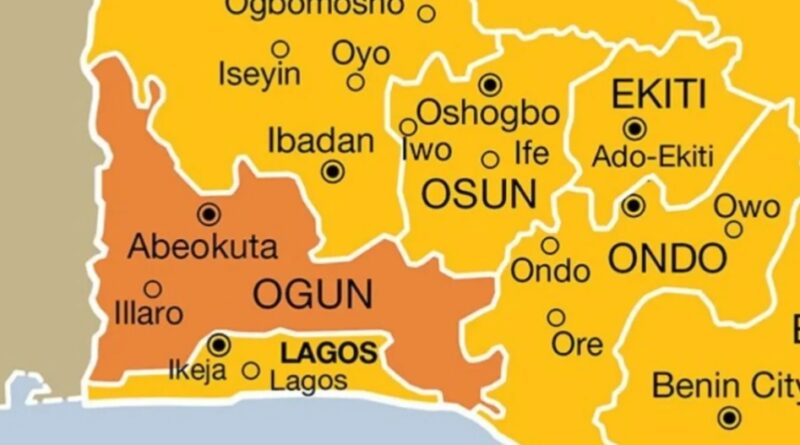The Ogun State Government has issued a fresh flood alert, warning residents living in low-lying areas and coastal communities to avoid consuming water from boreholes and wells from the last week of September to the second week of October due to an anticipated surge in floodwaters.
The state also advised people in flood-prone communities to consider relocating to safer areas to reduce the risks associated with the expected flooding.
In a statement released by the Ministry of Environment’s Information Officer, Rotimi Oduniyi, the Commissioner for Environment, Dr. Ola Oresanya, emphasized that the advisory was crucial because of the likely impact of rain overflow and tidal lock from rivers including the Ilo, Iju, Owa, and Yemule.
Advertisement
READ MORE : Family Raises Alarm Over Mysterious Disappearance Of Vice Principal In Ondo Hotel
According to the statement, the affected areas include Isheri, Warewa, Akute, Ayetoro, Itele, and coastal communities such as Makun, Oni, Iwopin, Igele, Ifaara, Ebute-Imobi, Tungeji Island, and Agosasa, which are expected to experience significant flood impact.
The warning forms part of the 2025 Ogun State Midterm Flood Alert. Dr. Oresanya explained that residents must prepare for the “second phase of flooding,” which typically occurs annually between September and November, lasting for about two weeks.
He further noted that the situation could be worsened by high rainfall, increased water flow from northern Nigeria and the Benin Republic, and a possible release of excess water from the Oyan Dam.
According to the Nigerian Tribune, Supporting the alert, the Nigeria Meteorological Agency (NiMet) projected that September will record the highest rainfall at 204mm, followed by 190mm in October, before dropping to 93mm in November.
To mitigate the impact, Oresanya assured residents that the Ogun State Emergency Management Agency (SEMA) has been placed on high alert to carry out emergency evacuations and relocations to temporary camps if necessary.
He also appealed to fish farmers operating along flood plains, particularly those in Eriwe, Yemule, Ilase, and Ayegbami, to urgently harvest their stock to prevent losses from floodwaters.









